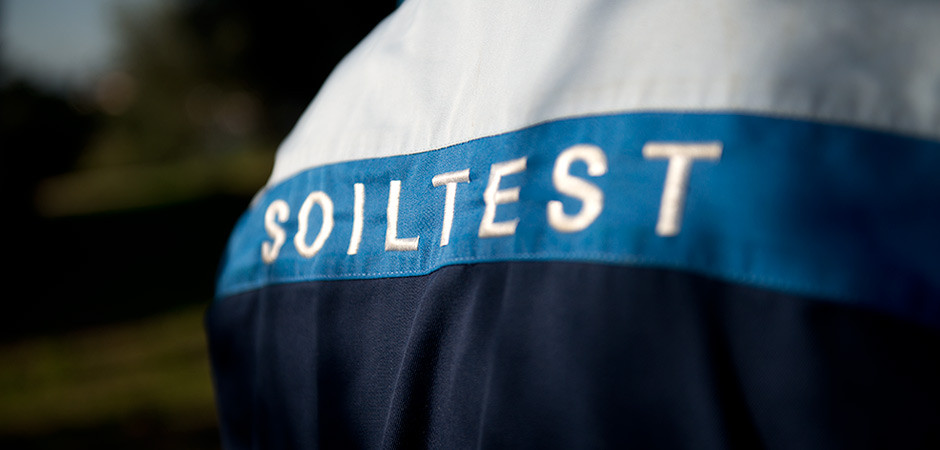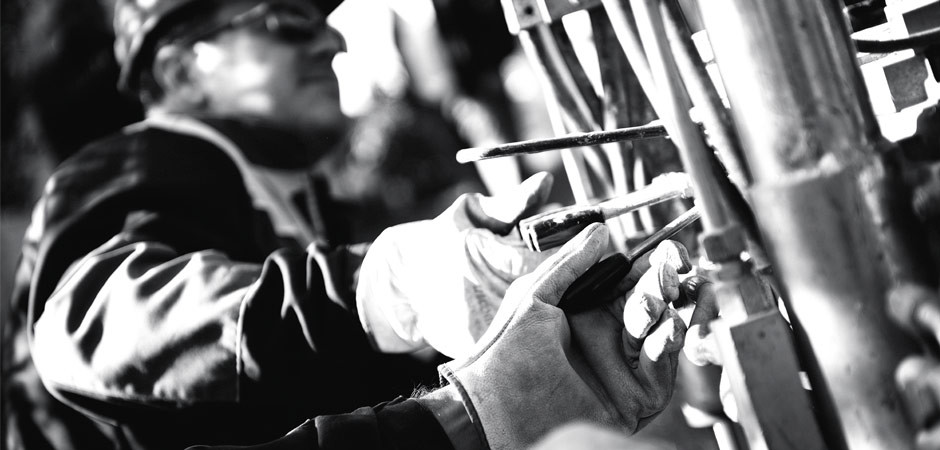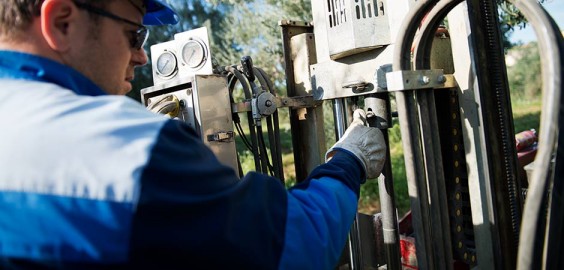Geotechnical
SOILTEST keeps a huge volume of data on the sites that it has investigated and provide expert advice on which are the most appropriate to investigate the case. The extensive experience and professionalism of SOILTEST staff allows to perform up to about 100 m of CPT (Static penetrometers) for day, and provide SOILTEST’s customers with the results of the investigation and processing very quickly.
CPTm, CPTE, CPTU
SOILTEST performs static penetration tests with mechanical or piezocone tip on the whole national territory. SOILTEST often works in difficult contexts that require achieving greater depths in cohesive soils.
Tests are made with certified instrumentation and regularly calibrated. The consolidated experience of over five thousand tests allows to operate efficiently and quickly. In test phase CPTM SOILTEST are also ables to recover undisturbed soil samples, whith sampler Shelby, and install micro-piezometer for monitoring the aquifer.
As part of the CPTU dissipation tests we perform variable depth and duration agreed with the client. The tests are performed with the Standard ASTM D3441 (tests CPTM) and ASTM D5778 (CPTU tests and CPTE).
DMT
DMT, or flat dilatometer Marchetti, is particularly appropriate in cases in which you can make predictions of failure, when you have to choose between shallow and deep foundation. Fast, simple and inexpensive to use and maintain, does not contain a dedicated electronic, is completely portable and does not requires external power supply. It can be fixed using a variety of equipment for site investigation. Being a test discontinuous, the DMT is not the most convenient choice when you must distinguish qualitatively hard layers by layers tender: in this case the penetration tests are also more economic. DMT is not executable in gravel deposits and rock and is standardized ASTM D6635.
The DMT entered in common practice in 1980. It is used now in over 40 countries. The DMT is particularly suitable in cases where accurate settlement predictions are important. E.g. in case of strict specifications on settlements (railways), or when the designer must opt for a shallow or a deep foundation – based on settlements.
Is possible obtainable : modulus M (sand or clay), undrained strength Cu, compaction control, soil stratigraphy, locating slip surfaces in clay slopes, p-y curves for laterally loaded piles, liquefaction, OCR and Ko in clay, Coefficient of consolidation and permeability, Pavement subgrade modulus, Subgrade Kh for diaphragm walls, FEM input parameters.
SDMT
SDMT test is one of the latest and most innovative research methodologies, and Soiltest is among the few companies in the country that provides this service.
This test allows to obtain the parameters of the DMT and the shear wave velocity Vs in a single vertical investigation. It allow to obtain the module Go at low deformations that the module M to deformations operational.
It is an excellent method for the evaluation of liquefiability of the land.
It is standardized ASTM D6635.
DPSH
Super heavy dynamic penetration tests are an excellent type of survey in granular soils. SOILTEST Performs tests with tip at 60 ° and 90 °, in agreement with the needs of the buyer. Tests are performed according to standard British Standard EN 22476.
Lefranc Test
SOILTEST performs permeability tests, the Lefranc’s one, at a steady or changeable load. These tests have to be carried out when the perforation or the tests on the premises are in a progress stage, in not rocky grounds under or outside water table.
In the latter case this is possible after having saturated the ground with water (absorption test). Such a test measure the horizontal permeability of the ground, by making the water flow through a fixed hole.












